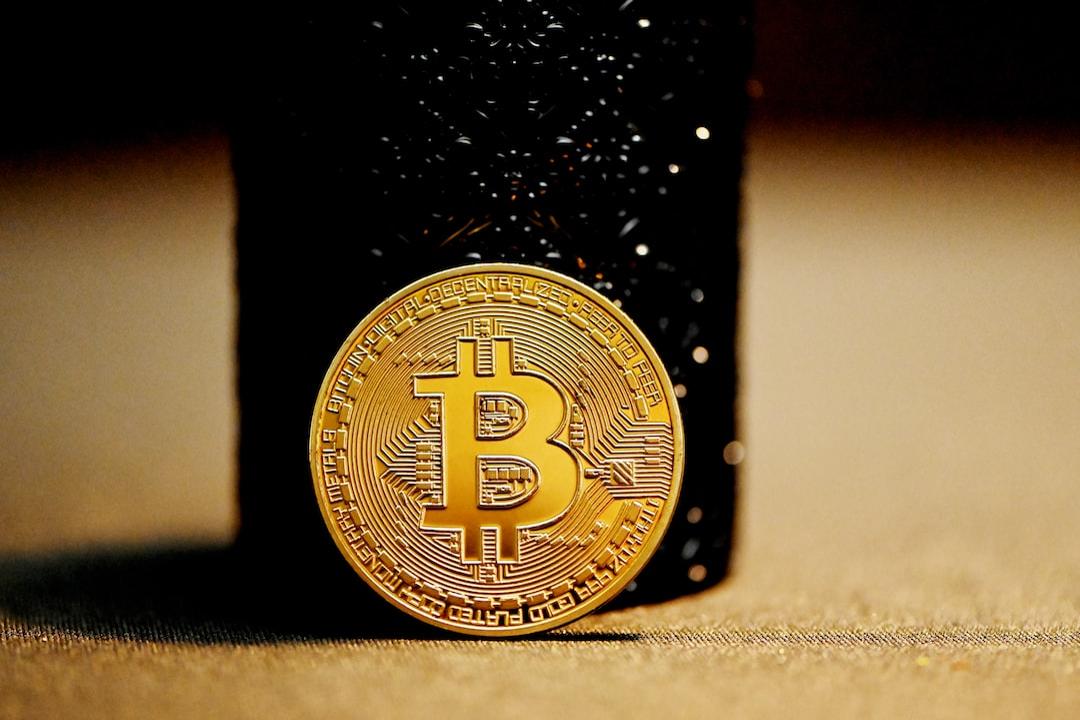
Billionaire Chamath Palihapitiya Explains What He Means by US Economy Being in a Quasi-Synthetic Recession
Chamath Palihapitiya, a billionaire venture capitalist, has expressed his belief that the US economy is currently experiencing a downturn. In a recent episode of the All-In Podcast, Palihapitiya delves into the reasons why over half of Americans perceive the economy to be in a recession, despite the fact that the GDP grew by 1.6% in the last quarter.
Palihapitiya suggests that this negative sentiment could be attributed to the components used to measure the GDP, which he believes may be providing an inaccurate depiction of the state of the US economy. He explains that the GDP is comprised of four main components, with the majority being what people spend. The next significant portion is made up of what companies and governments spend, followed by what is exported to other countries.
According to Palihapitiya, when interest rates are high, consumers and companies tend to save and cut back on spending. Consumers prefer to keep their money in banks to generate interest, while companies limit their investments due to the expensive cost of borrowing money. Conversely, when interest rates are low, consumers and companies are incentivized to spend more. The cost of capital is cheaper, and money sitting in banks does not generate interest.
However, Palihapitiya highlights that this same dynamic does not seem to apply to the government. He points out that regardless of prevailing rates, the government continues to spend more and more. This unrestrained spending by the government, regardless of net interest income, is what sets it apart from consumers and companies.
Palihapitiya concludes that the way these dynamics are measured collectively is flawed. He places more trust in survey data from individuals, as he believes it more accurately captures the current economic situation. He emphasizes that even though the GDP report may indicate growth of 3% or 4%, the average American does not feel the effects of this growth. Instead, they feel that they have less money, as they are saving more, not receiving higher wages, and facing increased costs. Palihapitiya warns that if these measurements are not revisited, there is a risk of misinterpreting the true state of the economy. In his view, the US is currently experiencing a quasi-synthetic recession.
Palihapitiya suggests that the economy is already in a recession, but this is not reflected in the GDP numbers due to sustained government spending.







